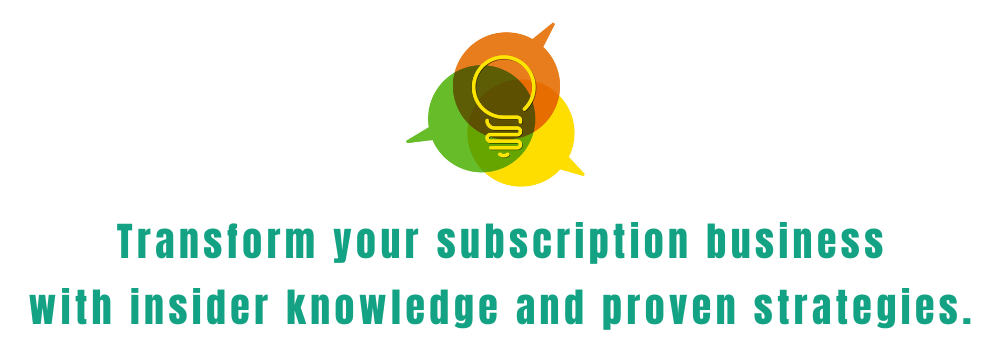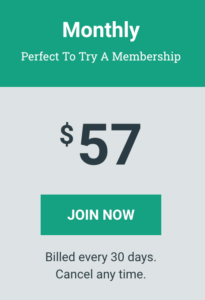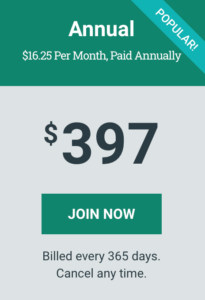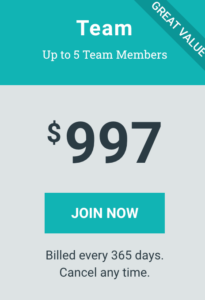
Pitch Contest Helps Subscription Database Enigma Make 7 Figures 2.5 Years After Launch
Lorem ipsum dolor sit amet, consectetur adipiscing elit. Ut elit tellus, luctus nec ullamcorper mattis, pulvinar dapibus leo.
In May of 2013, Enigma joined 30 start-ups vying for attention from venture capitalists at TechCrunch's Disrupt NY. By winning that contest (and $50,000 in seed funding), Enigma's visibility exploded, gaining the site 10,000 opt-ins for its free trial without any SEO whatsoever. In this exclusive Case Study, CEO Jeremy Bronfman spoke to us about how the site is on track to garner 7-figure revenues entirely from subscriptions, the hidden market for APIs, and the downside of massive publicity and ...
HELLO!
This premium article is exclusively reserved for Subscription Insider PRO members.
Want access to premium member-only content like this article? Plus, conference discounts and other benefits? We deliver the information you need, for improved decision-making, skills, and subscription business profitability. Check out these membership options!
Learn more about Subscription Insider PRO memberships!
Already a Subscription Insider PRO Member?
Please Log-In Here!








